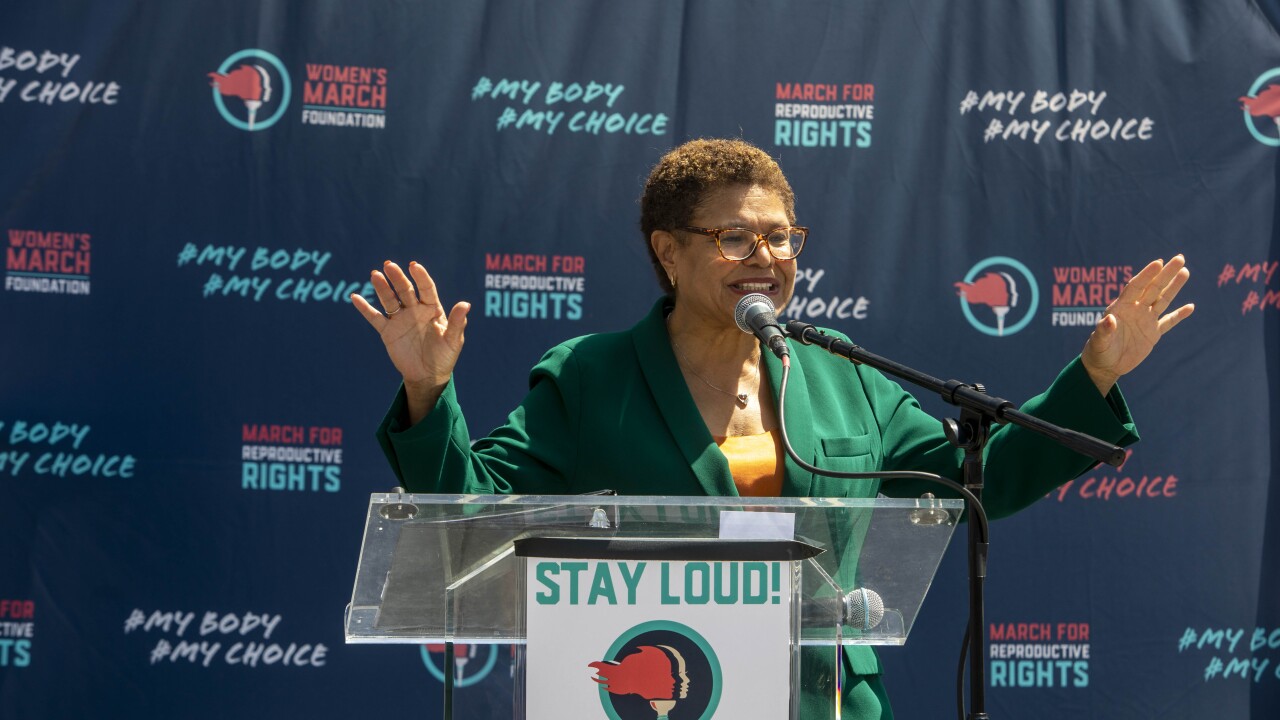
CHICAGO — The Cook County, Ill., Board of Commissioners late Friday approved a $2.9 billion 2012 budget that credit analysts praised as taking some steps toward long-term structural reform for the nation’s second-most-populous county.
Analysts from Fitch Ratings and Moody’s Investors Service, both of which downgraded Cook in recent months, said the spending plan’s mix of cuts and tax increases should help stabilize operations.
It was the first time in years that the board approved a final plan ahead of the fiscal year start on Dec. 1, and that too is a credit positive, according to analysts.
But the county’s growing unfunded pension liability and chronic shortfalls in its massive public health care system still need to be addressed, analysts said.
The final $2.9 billion all-funds budget adheres closely to the one proposed last month by President Toni Preckwinkle, who is near the end of her first year in office. The $2.2 billion general fund budget is 4.6% less than the current budget.
A 0.25% cut in the sales tax fulfills Preckwinkle’s campaign promise to gradual repeal a hugely unpopular 1% tax hike pushed through by the former board president. The sales tax cut will mean the loss of $51 million in revenue next year, officials said.
The budget closes a $315 million deficit with a mix of tax increases and cuts, including 775 layoffs. A recent debt restructuring generated substantial relief by pushing off $85 million of debt payments that had been due in 2012.
The budget raises taxes on alcohol and tobacco along with several fees, including parking and some vehicle registration fees. Nearly 800 workers will be laid off, a move the administration said was necessary after unions refused to agree to eight unpaid days off. Analysts received phone calls from the county finance team Friday evening announcing that the board had approved a final budget.
“We are still in the process of reviewing it, but on the surface the budget appears to take significant steps toward rightsizing operations,” Moody’s analyst Genevieve Nolan said, referring to the layoffs and “sin tax” increases featured in the budget.
Moody’s in June dropped Cook’s $3.5 billion of outstanding general obligation debt to Aa3 from Aa2. “Going forward, successful implementation of the plan will be part of future credit reviews, along with updates being made to stabilize the health system’s finances,” Nolan said.
Moody’s will also keep its eye on the county’s effort to address its mounting pension and other post-employment benefits liabilities.
Fitch analyst James Mann noted that the layoffs will trim personnel costs, which make up the majority of Cook County’s expenditures. “The budget sounds positive, and sounds like they were able to close a fairly large gap, which was commendable and a credit positive,” he said.
Fitch in September downgraded the county to AA-minus from AA with a negative outlook, citing in part Cook’s growing pension and OPEB liabilities.
“We’re starting to see a trend with municipalities making changes” to their pension systems, Mann said. “So we’re optimistic. It’s a wait-and-see. They have to do something, and how they are going to do it is up to them.”
Standard & Poor’s rates the county AA with a stable outlook.
After a day-long hearing in which the 17-member board approved 64 largely minor amendments to the budget, commissioners touted the plan’s early passage as a new day in a Chicago-area county government long viewed as a breeding ground for patronage and corruption.
“I never thought these days would come,” said Commissioner Timothy Schneider, a suburban Republican. “This county is finally moving in the right direction in accountability, in spending, transparency and consolidation.”
Many commissioners lamented the number of layoffs in the budget but said they were necessary to cut spending.
“This budget is a tough budget,” Commissioner Larry Suffredin said. “There are many layoffs, and it’s sad to pass this budget on a day when unemployment numbers for Illinois pass 10%.”
The budget passed 16-1, with Commissioner William Beavers casting the sole no vote, saying he opposed the “poor man’s tax” hikes on alcohol and tobacco.





